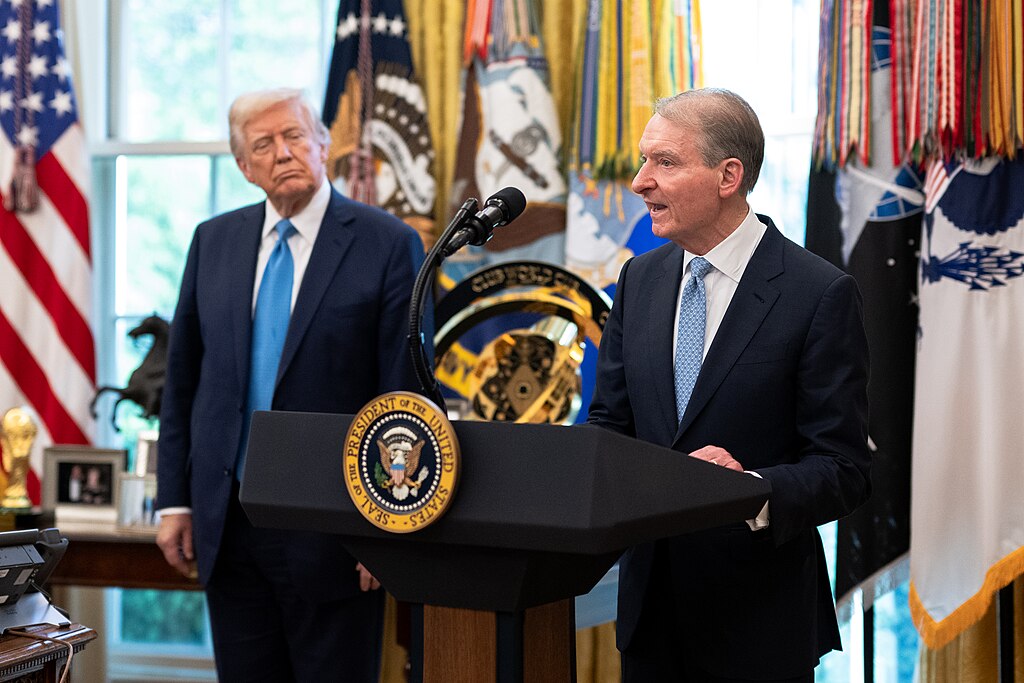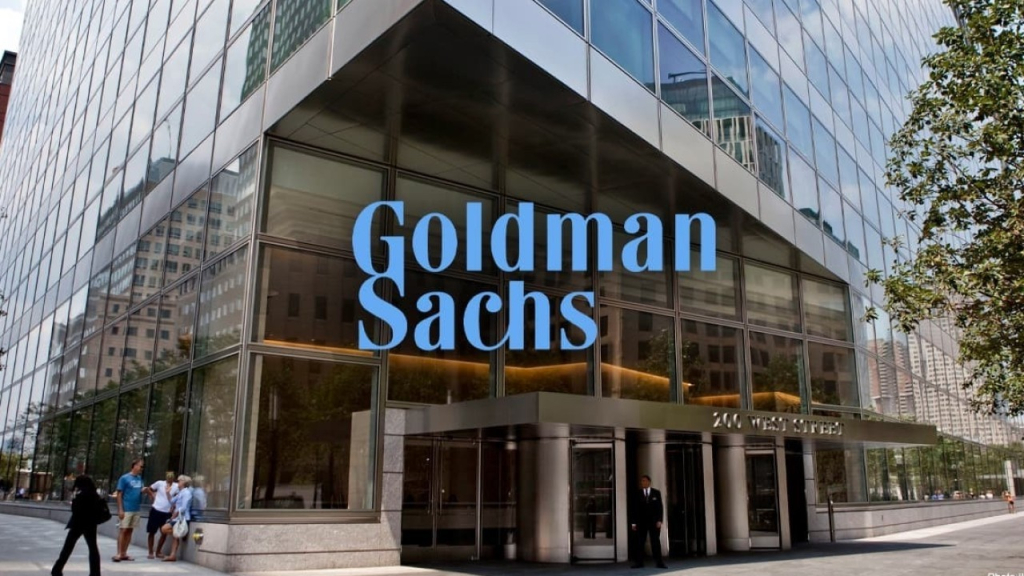The outlook for Bitcoin is showing a stark contrast between general traders and high-net-worth investors. While recent bearish movements have led retail traders to adopt a cautious stance, wealthy investors remain resolute in their bullish predictions for the cryptocurrency.
According to a report by CoinDesk on January 12, David Siemer, CEO of Wave Digital Assets—a firm offering asset management services to crypto funds and affluent investors—highlighted this growing divide in Bitcoin sentiment.
Diverging Sentiments on Bitcoin’s Trajectory
Bitcoin has been fluctuating between $90,000 and $95,000, marking a drop of over 10% from its all-time high recorded four weeks ago. Retail traders are focusing on technical analysis, anticipating further short-term declines, while long-term investors are betting on a strong upward trend.
"In the past 14 years, I’ve never seen such polarization," Siemer commented. "General traders are hedging cautiously or remaining neutral at best, whereas long-term investors are extremely optimistic about a bullish future."
Siemer added, "Knowledgeable and well-informed investors are very positive about Bitcoin, as significant developments are expected over the next six months."
Bold Predictions: $200K Bitcoin in 2024?
Siemer himself is confident about Bitcoin's potential, predicting it could reach $200,000 this year. Looking further ahead, he envisions a future where Bitcoin might achieve the monumental milestone of $1 million per coin.
He pointed to various jurisdictions—including the U.S., Russia, Singapore, UAE, South Korea, Japan, the Philippines, and some European nations—that are planning crypto-friendly regulatory measures this year. These initiatives are likely to have a positive ripple effect on private sectors within these regions, especially in countries like Japan and Singapore, where trust in government policies is high.
Government Engagement and Bitcoin ETFs
Wave Digital Assets has been actively involved in educating government bodies, including the U.S. Internal Revenue Service (IRS) and other global agencies, about cryptocurrencies. Siemer noted that government collaboration programs are among the fastest-growing segments of their operations.
The introduction of a spot Bitcoin ETF in the United States has also generated significant interest in the cryptocurrency industry. Siemer observed that the ETF’s success has pushed global financial institutions to explore competitive products, such as multi-token yield funds, to capture market share.
"The U.S. Bitcoin ETF has overshadowed global Bitcoin ETPs, which previously imposed uncompetitive fees of around 1.5% and have now suffered major setbacks," Siemer remarked.
Strategic Bitcoin Reserves: A Growing Trend?
Siemer suggested that strategic Bitcoin reserves could provide positive momentum for the market. While the U.S. federal government already holds approximately $19 billion worth of Bitcoin, discussions about establishing Bitcoin reserves are underway in several U.S. states, including Texas, Ohio, and Wyoming.
"The federal government only needs to hold onto its existing reserves instead of selling them," he said. "For taxpayers, this is a far more acceptable scenario than purchasing an additional $10 billion worth of Bitcoin."
As regulatory frameworks and institutional interest evolve, the stage appears set for high-net-worth investors to capitalize on Bitcoin’s long-term potential, despite short-term market fluctuations.






















Comment 0